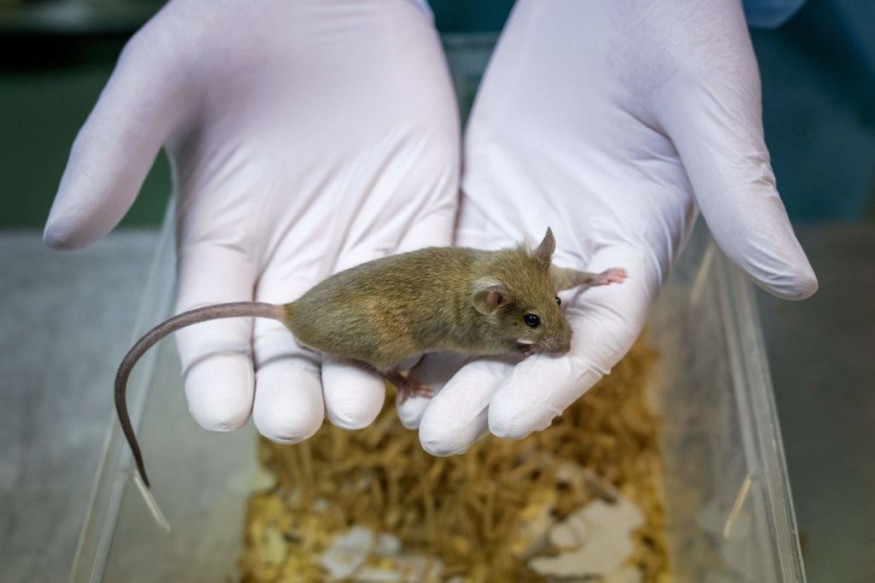A new study found that animals are capable of imagination. The researchers studied and documented the rats' hippocampal activity. The little animal can imagine past events, objects and places.
Animals are creative and intelligent. They can leave tracks to return to their habitats and prevent prey. They have survived in the competitive wildlife or animal kingdom.
Researchers had an idea of understanding what happens inside animals' inner thoughts. Can they remember remote locations, objects, places or past events?
With advanced technology, researchers can observe the animal's hippocampal activity. Understanding animals and wildlife is essential to offer new insights into their behaviors.
What Does Rat Think? Animal's Inner Thoughts and Hippocampal Activity

The research findings were published in Science journal.
The researchers observed the hippocampus of the rats, which could show the imagination of experiences, including events, people, places and past environments.
Like humans, the researchers suggested that animals can have spatial memory. Experts from the HHMI's Janelia Research Campus studied the rats' brain activity patterns.
Chongxi Lai, the study's first author and postdoc, explained that the rat could have a representation of places without going in the said areas.
With spatial thoughts, the rat could travel to remote locations.
To understand better how animals think and their imaginations, the researchers developed a thought detector that could observe animal's brain activity in the hippocampus.
Even if animals can show imagination and spatial memory, it is still a question of how they can control the said brain activity. With the brain-machine interface (BMI), it can help analyze the mental maps of animals.
In addition, the researchers used a developed thought dictionary to unravel the signals in the rats. In the experiment, the rat was moving in the spherical treadmill.
Amazingly, the researchers explained that the rats could have precise control of their hippocampus, especially when imagining places and objects.
Antarctic Octopus Adapts to Extreme Temperatures
Extreme temperatures can threaten animals, including the Antarctic octopus. Rising temperatures and extreme cold can make it more challenging for animals to adapt. They can likely die or starve due to hotter oceans.
The research findings were published in the National Academy of Sciences journal. Researchers observed that octopuses in Antarctica managed to survive despite the harsh temperatures in the region.
Researchers from the Marine Biological Laboratory (MBL) documented the unique resilience of octopuses in extreme cold. The marine animal has unique thermal adaptations in low temperatures.
Octopus has also a powerful vision that allows them to navigate the dark areas underwater. The effective visual systems help them evade potential predators and target potential prey.
For more similar stories, don't forget to follow Nature World News
© 2025 NatureWorldNews.com All rights reserved. Do not reproduce without permission.





